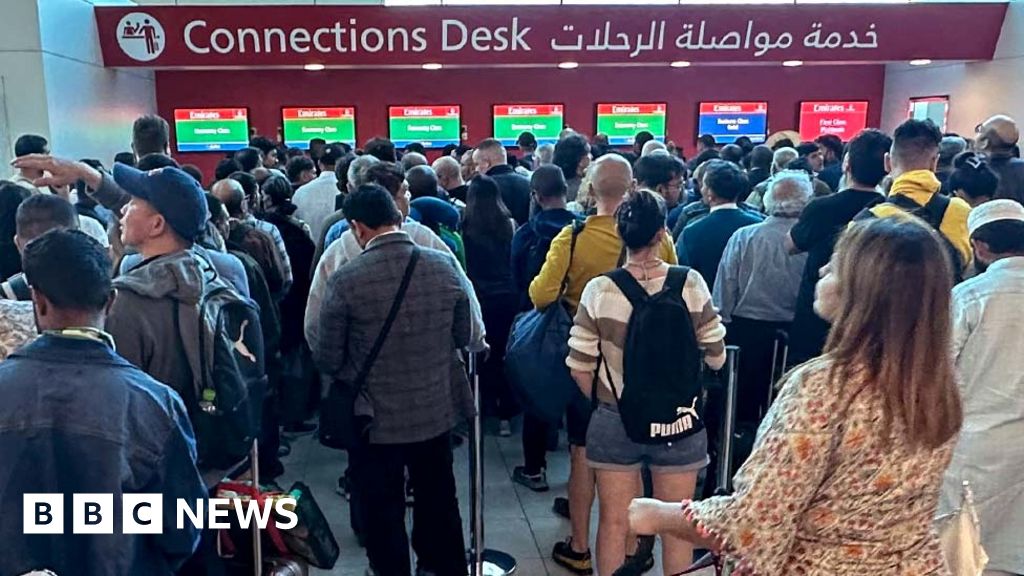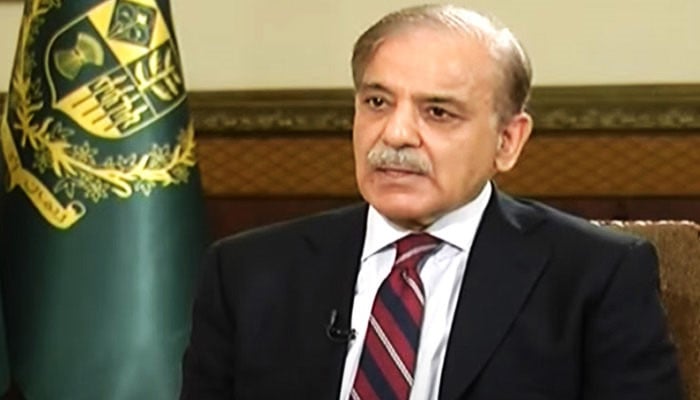Prime Minister Shehbaz Sharif sees “more burden” coming on the already inflation-hit masses moving forward as Pakistan scrambles and meets the International Monetary Fund’s (IMF) conditions for reviving the stalled $1.1 billion loan tranche.
Islamabad had been hosting an IMF mission since early February to negotiate the terms of a deal, including the adoption of policy measures to manage its fiscal deficit ahead of the annual budget due around June.
The funds are part of a $6.5 billion bailout package the IMF approved in 2019, which analysts say is critical if Pakistan is to avoid defaulting on external debt obligations.
During an interview on Geo News’ programme “Capital Talk”, the prime minister said that when he came into power, he and his partners were aware that the situation was very bad and that Pakistan was on the brink of default.
But what he did not know was “that Imran Khan had completely gone back on the promises he made with the IMF, and I was also not aware that [IMF’s] trust in Pakistan was also damaged to a great deal”.
The premier also said that due to Khan’s repeated backtracking, the Washington-based lender is forcing Pakistan to implement the pre-conditions for unlocking the loan tranche.
“Definitely, these conditions resulted in burdening the masses and they will be burdened further. I absolutely acknowledge this,” the prime minister said, mentioning that “hardworking Pakistanis will be burdened by this.”
The IMF deal would unlock other bilateral and multilateral financing avenues for Pakistan to shore up its foreign exchange reserves, which have fallen to just four weeks’ worth of import cover.
Islamabad has met most of the global lender’s demands to clear the review. The last one yet to be fulfilled on the list is an assurance on external financing to fund its balance of payment gap for the current fiscal year, which ends on June 30.
The prime minister also said that it was not only the IMF’s conditions that were leading to historic-high inflation but Pakistan was also being impacted due to “imported inflation”.
Since his government came into power last year in April after removing Khan from power, PM Shehbaz said the Russia-Ukraine war broke out and resulted in the increase in prices of fertiliser, oil, and other commodities that the nation imports.
“The IMF’s toughest conditions have been met and we will sign the staff-level agreement within a few days,” he said — a similar statement that Finance Minister Ishaq Dar has already made repeatedly.
The incumbent premier further said that despite Khan and his then-cabinet’s repeated criticism of China, the friendly nation has forwarded $1.5 billion in loans to Pakistan.
Long-time ally China is the only country that has announced the refinancing of a $2 billion loan, and the State Bank of Pakistan has already received $1.2 billion of that amount.
Pakistan had to complete a series of prior actions demanded by the IMF, which included reversing subsidies in the power, export and farming sectors, a hike in energy and fuel prices, a permanent power surcharge, jacking up the key policy rate, a market-based exchange rate, and raising over 170 billion rupees ($613.17 million) in new taxation through a supplementary budget.
The fiscal adjustments have already fuelled 50-year record high inflation, which hit 31.5% year-on-year in February.
More to follow…















































